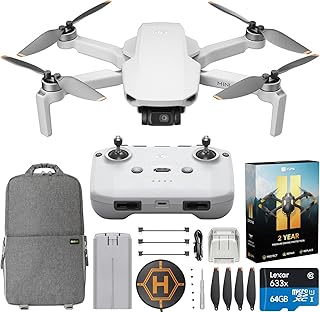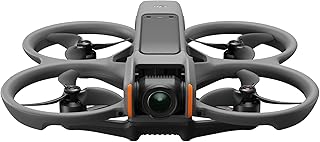DJI Drone Laws and Regulations: A Guide
The regulations surrounding drone use are complex and vary widely by country, state, and even local jurisdiction. While DJI itself does not set regulations, they provide resources to help users understand and comply with local laws. Here's a breakdown of key aspects:
General Principles:
* Know Your Local Laws: The most crucial aspect is being aware of regulations in your area.
* Registration and Licensing: Many countries require drone owners to register their devices and obtain licenses to operate them.
* Flight Restrictions: Specific areas, like airports, military bases, and sensitive locations, are often off-limits to drone flights.
* Privacy and Data Security: Be mindful of capturing images or videos of individuals without their consent.
* Safety and Responsibility: Ensure your drone is in good working order, follow safe operating procedures, and be aware of potential hazards.
Key Resources for Drone Operators:
* DJI Fly Safe App: The DJI Fly Safe app provides information on airspace restrictions, no-fly zones, and local regulations in many countries.
* FAA DroneZone (USA): The Federal Aviation Administration's DroneZone website offers valuable resources, including registration information, airspace maps, and safety tips.
* National Drone Laws: Many countries have established official websites or organizations dedicated to drone regulations.
* Local Authorities: Check with your local authorities for specific regulations in your area.
Common Drone Regulations:
* Maximum Flight Altitude: Many countries impose limitations on how high drones can fly, often ranging from 400 to 1,200 feet.
* Operating Hours: Some areas may restrict drone flights during certain hours of the day, especially near airports or at night.
* Visual Line of Sight: You must generally maintain visual contact with your drone at all times while it is operating.
* Drone Identification: Your drone may be required to carry identification markings or a registration number.
Additional Considerations:
* Commercial Drone Use: Operating a drone for commercial purposes often requires additional permits and certifications.
* Drone Insurance: Consider purchasing drone insurance to protect yourself against liability for accidents or damage caused by your drone.
* Privacy Concerns: Be aware of privacy laws and respect the privacy of individuals when operating your drone.
Stay Informed:
Drone regulations are constantly evolving. It's crucial to stay updated on the latest information and guidelines. Follow official sources like the FAA or your country's aviation authority for the most accurate and up-to-date information.
By understanding and adhering to local regulations, you can enjoy responsible and enjoyable drone flying experiences.


